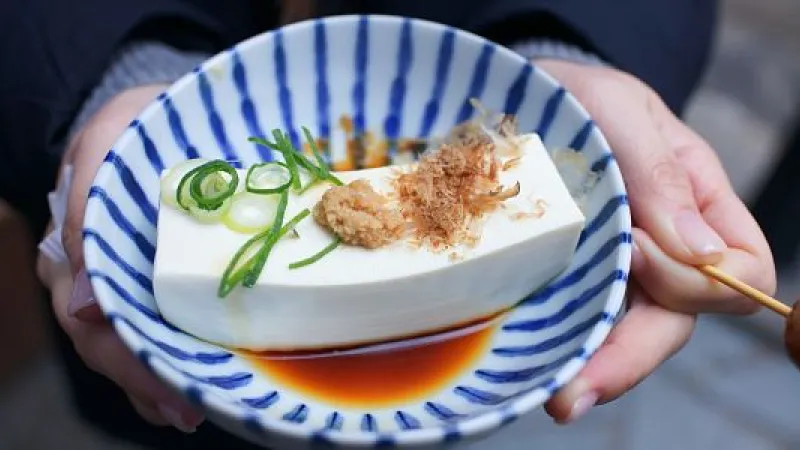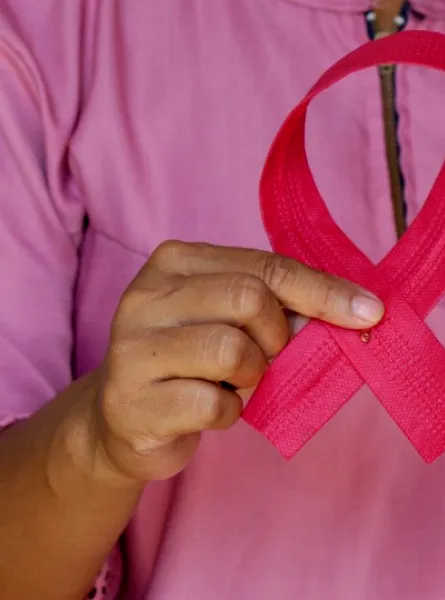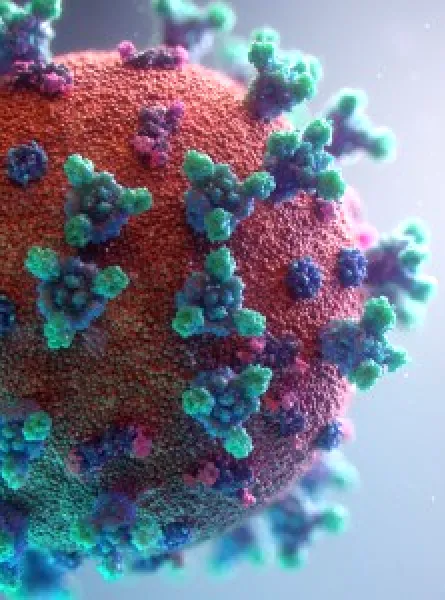
Is soy consumption protective or, on the contrary, can it increase the risk of developing breast cancer? What about women who already have breast cancer?
Here is a summary of the latest literature on this controversial topic.
Where does this question come from?
Soybeans contain compounds called isoflavones. Among those present in soy are genistein, daidzein and glycitin (1). Isoflavones are considered selective estrogen receptor modulators (SERMs) because they can bind to both type of estrogen receptors, the alpha (ERα) and beta (ERβ) receptors. The impact of SERMs is difficult to predict, as they can have an agonistic or antagonistic effect depending on the receptor to which they bind, as well as the cellular environment (2). In vitro and in vivo studies have reported that isoflavones have an antagonistic function to estrogen in a high estrogen environment, such as in premenopausal women, and an agonistic function in a low estrogen environment, such as in menopausal women (3).
What is the role of soy in breast cancer prevention?
According to a recent meta-analysis of 300,000 Chinese women from 7 prospective studies, a consumption of 10 mg of isoflavones per day from soy products reduces the risk of developing breast cancer by 3% (4). These results are consistent with a systematic review published in 2013, which included 131 articles (5). However, according to a 2008 meta-analysis, although similar results are reported for an Eastern population, this association is not observed in a Western population (6). The authors explain these results by the low consumption of isoflavones (0.3 mg/day) in this population as well as their main sources, mainly canned and bakery products. This theory is consistent with one of the results of a systematic review, which found that high soy consumption (greater than 6.25 g soy protein or 12.5 mg isoflavones per day) was associated with greater protection against breast cancer, in contrast to studies that included lower amounts (5). According to these results, soy seems to have a protective effect on the risk of developing breast cancer when consumed daily and in significant amounts.
What about women in remission from breast cancer?
According to a systematic review, studies report a reduction in risk or no significant effect with increased consumption of soy protein or isoflavones (5). Furthermore, a decrease in the risk of mortality is also observed according to this same review (5). According to two studies, a decrease in mortality and risk of recurrence is observed with an increase in soy consumption in women using tamoxifen, an antineoplastic drug used to fight breast cancer (7, 8). A pilot study also reported a trend toward decreased cancer tissue growth (calculated by an apoptosis/mitosis ratio) following 2 weeks of isoflavone intake (9). Although further studies are needed, the current literature suggests that soy consumption does not negatively impact, if not potentially reduce, the risk of breast cancer recurrence, even while taking tamoxifen.
The importance of debunking food myths with our patients
Consumption of soy products appears to reduce the risk of developing breast cancer. For women who have had breast cancer, it seems safe to consume 2 to 3 servings of soy products per day (5), as recommended by several associations, including the Canadian Cancer Association (10). In order to prevent unnecessary and potentially harmful food withdrawal, a TeamNutrition dietician will be able to provide the right information to your patients, as well as guide them in establishing proper eating habits during and after breast cancer. Do not hesitate to contact us to learn more about our dietician’s services!
References:
-
Price KR et Fenwick GR. Naturally occurring oestrogens in foods--a review. Food Addit Contam. 1985;2(2):73-106.
-
Pike ACW, Brzozowski AM, Hubbard RE et al. Structure of the ligand-binding domain of oestrogen receptor beta in the presence of a partial agonist and a full antagonist. EMBO J.1999;18(17):4608-4618.
-
Douglas C, Johnson S et Arjmandi B. Soy and Its Isoflavones: The Truth Behind the Science in Breast Cancer. Anticancer Agents Med Chem. 2013;13(8):1178-1187.
-
Wei Y, Lv J, Guo Y et al. Soy intake and breast cancer risk: a prospective study of 300,000 Chinese women and a dose–response meta‐analysis. Eur J Epidemiol. 2020;35(6):567-578.
-
Fritz H, Seely D, Flower G et al. Soy, Red Clover, and Isoflavones and Breast Cancer: A Systematic Review. PLoS One. 2013;8(11):e81968.
-
Wu A, Yu MC, Tseng C-C et al. Epidemiology of soy exposures and breast cancer risk.Br J Cancer. 2008;98(1):9-14.
-
Caan BJ, Natarajan L, Parker B et al. Soy food consumption and breast cancer prognosis. Cancer Epidemiol. Biomarkers Prev. 2011;20(5):854-858.
-
Guha N, Kwan ML, Quesenberry CP Jr et al. Soy isoflavones and risk of cancer recurrence in a cohort of breast cancer survivors: The life after cancer epidemiology study. Breast Cancer Res Treat. 2009;118(2):395-405.
-
Sartippour MR, Rao JY, Apple S et al. A pilot clinical study of short-term isoflavone supplements in breast cancer patients. Nutr Cancer. 2004;49(1):59-65.
-
Société canadienne du cancer. Bien manger après un cancer du seins (En ligne): https://www.cancer.ca/fr-ca/cancer-information/cancer-type/breast/supportive-care/eating-well-after-breast-cancer/?region=on





